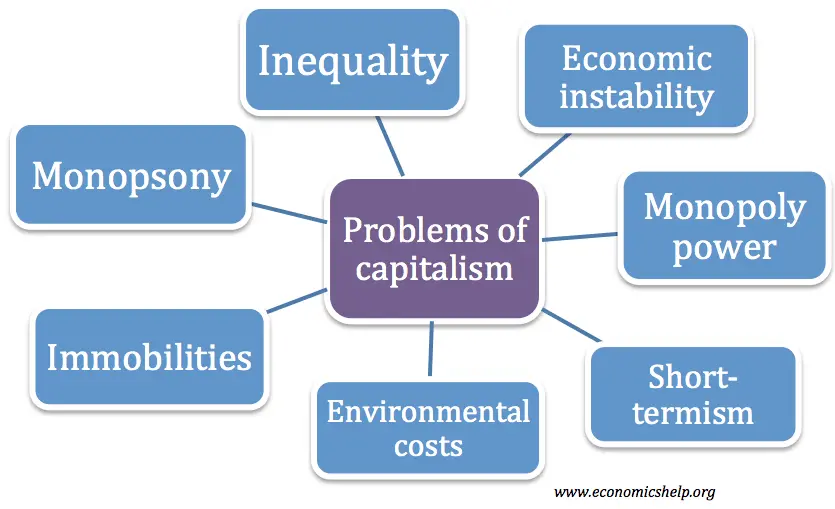DrZoidberg
Contributor
Here's an interesting talk about the upcoming death of capitalism and also democratic elections. His argument is that since computers track all our opinions and consumption patterns we don't care about advertising anymore. We use algorithms with which be base our shopping on. These are mostly outside the control of corporations. Humans have learned to use the tool of the Internet and we're using it... very effectively. The people have taken power. Capitalists know exactly what consumers want and it's cheap to learn it. That lowers the risk of investement. It'll even out the need for big investors. Killing big capitalists. Democratic elections are increasingly unnecesary. The US Senate and the National People's congress of China both know everything they need to know to make their underlings happy. Instantly and cheaply. The need for having a government at all is being eroded. It can all be replaced by algorithms. It already is to a large extent. Politicians are increasingly reduced to trained monkeys pushing whatever buttons the algorithm tells them to push. Journalism is becoming unnecessary. By the time a journalist has finnished writing an article, the world already knows, have responded to it, and moved onto the next thing. He also predicts the death of academia. We no longer learn things at university. We learn things through alternative channels today. The only thing universities do now is hand out certificates to prove that the stuff you learned on your own was the right thing. At this point we require a minimal shift in culture to wipe out academia in its entirety. Which isn't great considering the very necessary basic science they are doing.
He's not saying this as only a good thing. He's presenting it as a fact and that we need to adapt. He's saying that we have pre-Internet values and we still think a lot of things should still be valid, that isn't. The sooner we wake up and adapt our values to the new rules the quicker we are positioned to reap it's benefits. He also says that their will be a lot of losers in this new world. People too slow to adapt.
[YOUTUBE]https://www.youtube.com/watch?v=X02NKiY38Kg
[/YOUTUBE]
Thoughts?
He's not saying this as only a good thing. He's presenting it as a fact and that we need to adapt. He's saying that we have pre-Internet values and we still think a lot of things should still be valid, that isn't. The sooner we wake up and adapt our values to the new rules the quicker we are positioned to reap it's benefits. He also says that their will be a lot of losers in this new world. People too slow to adapt.
[YOUTUBE]https://www.youtube.com/watch?v=X02NKiY38Kg
[/YOUTUBE]
Thoughts?

